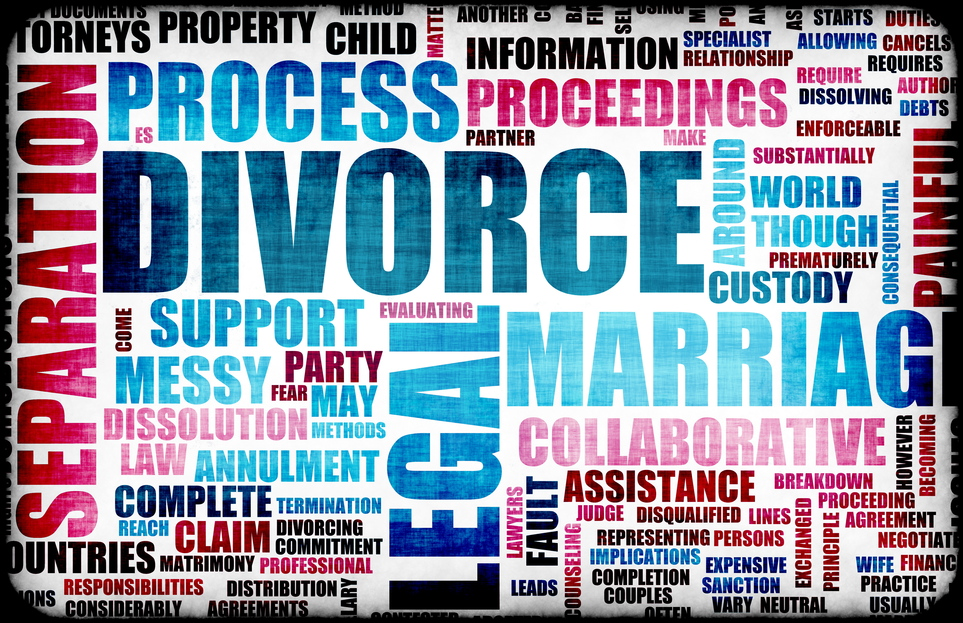Category: Separation Agreement
Steps For Creating A Workable Parenting Agreement


To avoid future battles after a divorce, both parents should come up with a workable parenting agreement. Though a feasible parenting plan will not remove any possible conflicts, it can help identify any likely issues and hence provide a path to handling such matters in harmony. The presence of a third party in such matters creates all the difference. Anyone going through a divorce in Toronto should keep in mind that even if they seem to agree on all terms of their agreement, it’s advisable to have a lawyer guide them to do the right thing and review their schedule before signing.
Infographic: 8 Reasons to Hire A Professional Divorce Lawyer

Is your partner making your life miserable? If you want to divorce him, then to separate lawfully, you will need the help of a family lawyer. If you are not willing to talk to your partner, then you can rely on an experienced divorce lawyer to ensure clear communication between both of you. He can understand the issues both of you have and can get things done with mutual consent.
What If My Spouse Refuses To Sign Our Separation Agreement?

The essence of a separation agreement is to make sure disputes that may arise when spouses are separating are settled. The agreement helps to outline the roles and responsibilities of each spouse which are legally binding. While it’s not a mandatory requirement to have a separation agreement in Ontario, if a couple wants to end their relationship, it’s highly recommended to help clarify issues that may drag up the separation. Sometimes, one spouse may challenge the agreement for a variety of reasons and may end up refusing to sign the separation agreement. The fact is, you can’t force your spouse to sign, but you may have many options to ensure the process still moves on. If your partner happens to be against your separation agreement Ontario, your only option would be to commence legal proceedings.
Can Being Divorced In Canada Affect My Immigration Status?

Even though marriage is considered the foundation for the life of many Canadians, the decision to divorce is also respected. However, for one to divorce, certain conditions must be met. For most individuals, this doesn’t seem easy. But what happens for that individual who’s thinking about divorce and wondering how it might affect his/her immigration status. The contentious issue is when you are getting a visa through your spouse and in between the process your spouse decides to divorce before you become a permanent resident, how should you handle the divorce? Undoubtedly, this could be an uphill battle in your mind, but the divorce lawyer can do everything possible to ensure you go over the issue with ease.
What Do I Need To Have A Successful Separation Agreement?


If you are married in Ontario, or you are in a common-law relationship, you can make a separation agreement. This is when both of you have agreed on what you want to happen after you separate. A separation agreement Ontario won’t make you get divorced, but it can be used to help you have a smooth divorce. To have a successful separation agreement, both of you need to agree on all things. Not agreeing on everything may not be a good sign when preparing a separation agreement. However, you can talk to your partner with the help of a lawyer or a mediator. You need to learn a few things to make the process easier.
Mistakes To Avoid When Considering A Separation Agreement In Ontario


No one wishes to spend money on divorce, particularly when it’s in short supply. That’s why many couples find it easier to separate rather than divorce. Others separate in preparation for their divorce. If you have decided to separate from your spouse, the best thing is to have a separation agreement in Ontario with the help of a family lawyer. However, if you’re not careful about your separation agreement, this could lead to the biggest mistake that could affect the ruling of your divorce.
Divorce Process Overview Pt. 1

If you have decided on a separation and a divorce it is necessary to become aware of the divorce process where you are. This article and a following one will discuss an overview of the divorce process in Ontario.
Separation, Divorce and Taxes

Once spouses decided to separate and divorce, generally the last thing anyone thinks about is the tax implications of such actions. This article will discuss basic tax implications with regards to separation and divorce and legal requirements with regards to tax and separation.
Frequently Asked Questions on Separation Agreements


Frequently Asked Questions
There are a number of questions that people ask in respect of separation agreements. This article will address some of the frequently asked questions in relation to separation agreements Ontario.
1. What is a separation agreement?
A separation agreement is a contract between two parties to a divorce or separation. The fact that it is a contact means that its contents are legally binding to the parties of the agreement and is governed by the law of contracts. Therefore, if any parties to the agreement fail to execute the terms of the contract either party may bring a claim for breach of contract. However, if the separation agreement is unfair or unreasonable a court will set aside such a contract and will not enforce it. For example, a separation agreement that is unreasonable is one that may exempt the noncustodial parent from paying child support to the custodial parent.
Separation Agreement Lawyer Ontario

Ontario Separation Agreement Lawyer
What is a Separation Agreement in Ontario?
If you are contemplating a separation or are separated from your spouse or common-law partner, a domestic contract known as a ‘separation agreement’ may be drafted to make arrangements for issues such as:
- Division of Property (i.e. who gets to keep the car);
- Spousal support/spousal support releases and child support;
- The living arrangement of the children (i.e. custody and access).
- Parenting plans (i.e. religious issues, educational matters, travel etc.)
- Debts, pensions, medical/dental benefits, life insurance.
